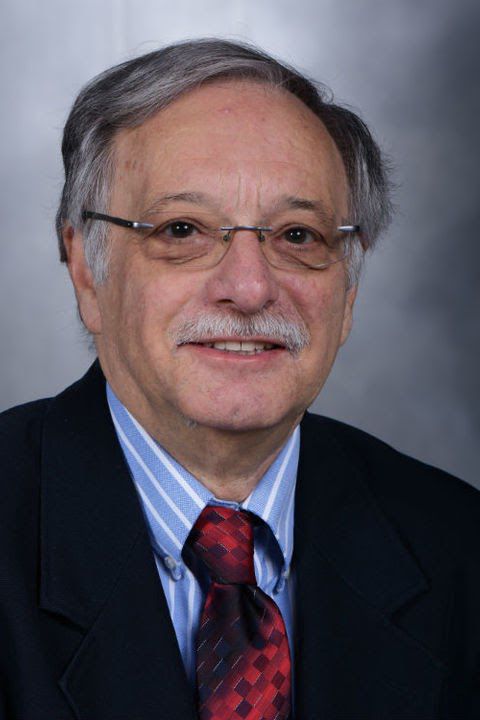Kent State professor examines effects of grandparents raising grandchildren
Gregory Smith, professor in the Department of Lifespan Development and Educational Sciences, is the principal investigator of a study on custodial grandparents who raise their grandchildren.
Smith’s study looks at custodial grandparents, or grandparents who take care of their grandchildren, because their parents can’t or won’t for various reasons, and the effects it has on both the grandparents and grandchildren.
Children who have had an adverse event happen in their life, such as a parent leaving or abuse, can have trouble forming and maintaining interpersonal relationships, Smith said.
“We certainly know that the grandchildren who are being cared for by these grandparents had experienced at least one adverse childhood event: being abandoned by their birth parent,” he said.
Smith was curious to see if there was a correlation between the grandparents experiencing an adverse childhood event and then that same event happening to their grandchildren. He partnered with Frank Infurna, an associate professor at Arizona State University, to find the social competence or intelligence, empathy, basic social skills and social awareness of the participants. Smith thinks the grandparents’ and children’s social competence is enhanced and the quality of their relationship and their relationships with others will improve.
Smith said this is the first attempt where two members of the same family receive the same intervention to see if it has some reciprocal effects on both involved.
The study is delivered online, which is important because custodial grandparent families are rare and scattered across the nation, Smith said.
A randomly selected number of subjects will have to complete daily diaries. They believe this could show how the study has an impact on daily emotions and interactions.
They are in their third year of five on giving out the program and surveying the results. In their first year, they set up their online surveys and developed the control group to complement the study.
Now, in the third year, they are continuing to recruit dyads: the grandparent and the adolescent. Their goal is to get 340-400 dyads to properly scale the experiment. Currently, they have 220 families enrolled in the program.
Their biggest source for reaching out to families has been with high school counselors by sending out widespread emails. Also, they have reached out to other social service agencies and special housing for the dyad families.
“We basically have to look under every rock where there might be a custodial grandparent,” Smith said.
This responsibility of recruiting, keeping up and tracking the 220 families falls on Britney Webster, the project director. Their goal is to have all the dyads enrolled by the end of this year. But after they are enrolled, the program is far from over.
The families are measured before and after the program. Each family will take about a year to fully complete every step.
The fifth year will be spent finishing up the few remaining participants and the beginning of analysis of all the data and publishing papers.
Dominic Ferraro is a general assignment reporter. Contact him at [email protected].



